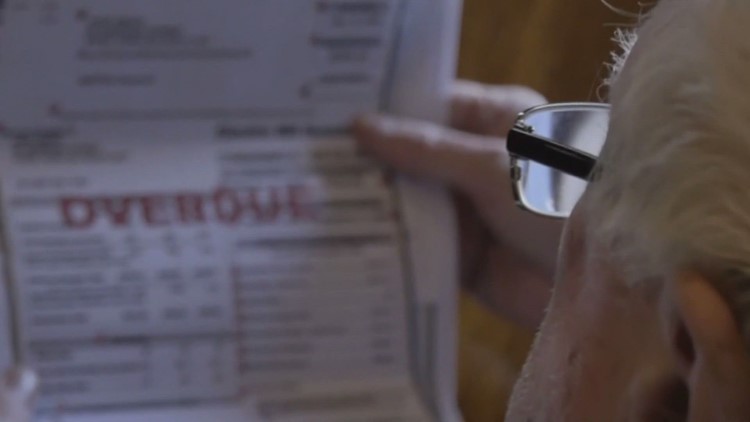
Families will soon face higher prices while the Government rakes in billions extra each year thanks to Labour policies, a group of politicians has warned. MPs have backed a motion in Parliament warning the extra costs imposed on businesses with the rise in the National Living Wage and the increase in employer National Insurance contributions will particularly affect the hospitality sector, meaning "retail prices increasing to pay for these additional costs". The early day motion, which could be debated in the Commons, warns: "The end result will be that the general public will pay for the increase in wages while HM Treasury will gain several billion pounds in additional revenue every year.
" Four MPs have leant their support to the motion at the time of writing, all of them from the Democratic Unionist Party. The politicians also cautioned that with income tax thresholds frozen until 2028, more low earners will be dragged into paying tax as the National Living Wage increases. The four MPs who have backed the motion are: Gregory Campbell Jim Shannon Gavin Robinson Carla Lockhart.

As announced in the Autumn Budget, from next April employers National Insurance will increase from 3.8% to 5%, while the National Living Wage for over 21s will increase from £11.44 to £12.
21. Mr Campbell separately asked the Government about how many people would be dragged into paying tax with the increase in the National Living Wage. You can currently earn up to £12,570 a year without paying tax.
In response, Treasury minister James Murray claimed the Government is in fact "protecting working people's payslips" as it is not increasing the rates for income tax or the rate of employee National Insurance. He also pointed out that the Government has opted not to extend the freeze on the tax-free personal allowance, meaning this will rise with inflation from April 2028. However, one tax expert contested Mr Murray's response, arguing the opposite is true.
Romi Savova, CEO at PensionBee, said: "In my view, the Government is not protecting workers. Wage rises will be slower in the private sector as a result of National Insurance increasing and the rise in the minimum wage could end up costing jobs, if companies struggle to pay and take on new staff. "The freezing of the tax thresholds will ensure more workers are drawn into the tax net and higher rates of tax.
To truly help protect workers, the Government could reduce corporate taxes as there is direct link between lower corporate tax and an improvement in job retention.".














